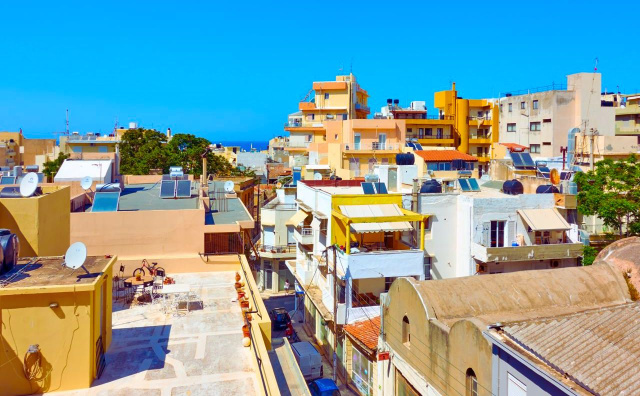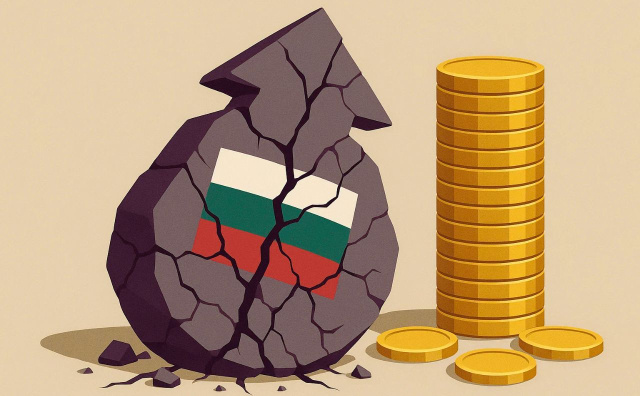Bulgarian Buyers Shake Up Greek Property Market: Opportunity or Challenge?
Source: Novinite.com (Sofia News Agency)
Bulgarian property investments in Greece have sparked discussion among local brokers and property managers, who view the growing presence of Bulgarian buyers along the northern Greek coast as a source of market tension. Many argue that this influx is contributing to rising property prices and creating an uneven playing field for local businesses.
Speaking on Nova TV, lawyer Konstantina Harizanova noted that the Greek property market has been extremely dynamic over the past year, with demand outpacing supply and prices steadily climbing. Bulgarians now represent a significant portion of potential buyers, fueling the competitive environment.
Businessman Prof. Joakim Kalamaris offered concrete figures, estimating that there are no more than 1,800 Bulgarian investors – both individuals and companies – who have poured over half a billion euros into the Greek economy. These investments account for roughly 12,000 properties, according to Kalamaris, who stressed that while Bulgarians are not “buying up all of Greece,” their presence has had a noticeable impact on the market.
One consequence of this demand, especially in regions like Halkidiki, has been an increase in prices, sometimes reaching 5,000–6,000 euros per square meter. Kalamaris noted that part of the issue stems from investors renting out properties outside official platforms, relying instead on informal networks such as Facebook groups. This practice, he said, distorts competition for Greek property owners and can result in undeclared income, which the state views as a form of dumping.
Harizanova emphasized that “black Airbnb” is a broader issue in Greece, but Bulgarians are largely not responsible for this trend. Rather, the problem primarily affects Greek owners, many of whom prefer short-term rentals over traditional long-term leases. She anticipates stricter rules and harsher sanctions in the near future to address these practices.
Another area of concern is compliance with urban planning regulations. Kalamaris highlighted cases where buildings exceed permitted sizes – for instance, constructing far more than the allowed 120 square meters on a 4-acre plot – which constitutes a clear violation of Greek law. While authorities were previously more tolerant, inspections and fines are now expected to increase.
Looking ahead, Kalamaris predicted that Bulgarian investors will face heightened scrutiny. With new entrants from Romania following Schengen accession, Greek authorities aim to enforce regulations and stabilize the market.
Despite these tensions, Harizanova offered a different perspective, asserting that Bulgarian property owners in Greece are generally law-abiding. She noted that they carefully comply with local regulations, pay the appropriate taxes, maintain professional accounting, and remain well-informed about their obligations. According to her, this professionalism distinguishes Bulgarian investors and underscores the difference between their activities and the broader challenges facing the Greek property sector.
Source: Nova TV interview
The original article: belongs to Novinite.com (Sofia News Agency) .


